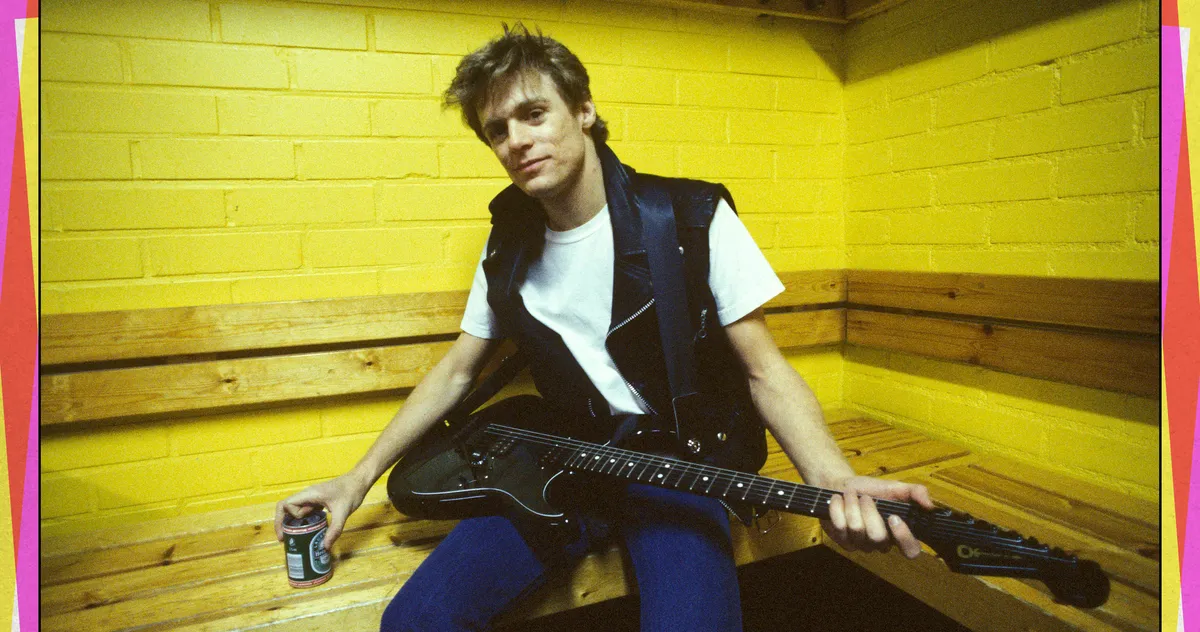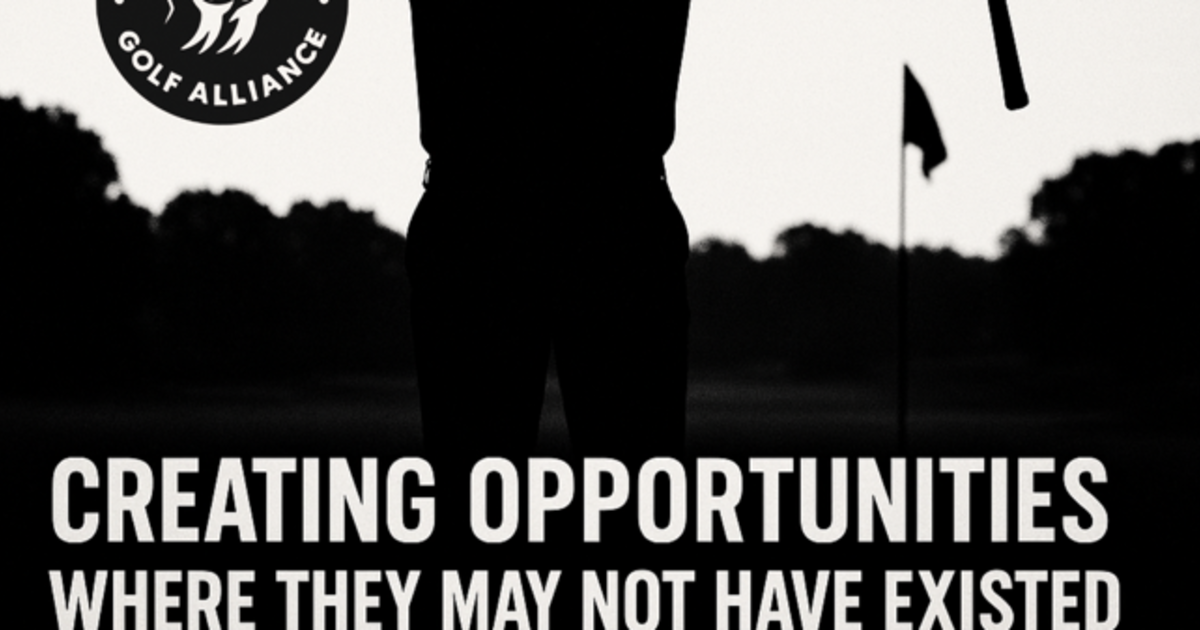Copyright Vulture

Bryan Adams doesn’t consider his ongoing tour to be a “tour” in the strictest sense of the world. Sure, he’s up on a stage playing hits, and you’re going to hear “Run to You,” that song about the sex position, and all of those lovely ballads that make you nostalgic for a younger life you never had. But at this point in Adams’s career, he’s come to realize everything he does should be a true celebration of his music, and he won’t settle for anything less. How utterly Canadian of him. “It’s so joyous to be up there with everybody,” he explains. “I mean, not just my band, but with everybody that’s coming to the shows. The only thing that’s missing is a Kool & the Gang song.” Adams is currently on the road for his 16th — yes, 16th — studio album, Roll With the Punches, which he says is the most personal one he’s written yet. It’s also his first album, at the age of 65, as an independent artist, a career milestone that he’s still in disbelief over. “I don’t have a manager,” Adams tells me, “and I’m trying to work it all out on my own.” But despite a robust catalogue, 100 million sold records, and the current sold-out arena tour, Adams is in a contemplative mood about where he fits in among his peers in the industry. “I don’t really find myself being seen,” he admits. “In the fraternity of this rock world, I don’t think that I’m seen. I don’t get invited. I can walk around and no one will say anything to me.” Song where you realized your full potential Early on when I was working on my second album, You Want It, You Got It, I went to New York. I was 21 and I had two weeks booked to make a record, including all of the mixing. It was the first time I really felt, Okay, this could potentially do something. There’s one song called “Lonely Nights” that’s a culmination of that time. Only a few of us guys got together here in New York, one of them being Mickey Curry, the drummer that spent 30 years with me. There was just something about the sound, the moment, the independence, and the desire to break out of Canada — it was all about having no money and trying to make a record. I knew from some of the things I’d read that James Dean stayed at the Iroquois Hotel. I thought, Oh, if James Dean stayed there, so can I. So I booked a room at the Iroquois. When I got in there, it was one of those situations where you come up to the reception and it’s only a guy behind a little glass plate. Physically, it was a pretty run-down place by the time I got to the city. I don’t know what it’s like now, but I got up to my room all excited about being in New York and staying at this hotel, and when I pulled back the sheets it was literally alive. So I had to get out of there, and the only thing I could think of was going next door, which was the Algonquin, which is an amazing hotel. The guy said, “No, I don’t have anything for what you have.” But he took pity on me and said, “Wait, wait. I do have one room. It’s in the back of the hotel, and it’s a single bed that doesn’t have a toilet. You have to share toilets down the hall, but you can have that room if you want.” And I said, “I’ll take it.” It was the first time I’d ever slept in linen sheets. At least I could sleep at night. The fact that I was able to get this place with a view of New York with all those water towers, I was inspired by just being there. A few years ago, I read Patti Smith’s book Just Kids. It really resonated with me. When she was running around with Robert Mapplethorpe, I was there too, recording this album. Most vulnerable song “Will We Ever Be Friends Again.” I reflect on the past with many of my songs and use it as a source for inspiration. When you’ve had a situation with somebody and wonder how they’re still doing, if they … well, I don’t know if I can articulate it well, the feeling of lost love and friendships. You put a lot of time into working on being with somebody, and then it’s no longer there. It can be like a hole. It’s cathartic in one way, but it’s a very true feeling because I know everybody feels that way. I find all my songs very cathartic, because one thing leads to another, which leads to another thought. When you can finally put it together on paper, it’s quite a thrill. The truth is I don’t really have a good sense about songs, because songs to me are a moment of reflection or nostalgia. They’re personal to me. Any artist could sit, whine, and complain about all the songs that didn’t strike well. They’d say, All of them should have done better. It’s lucky that I don’t have expectations. That way I’m never disappointed. Song you’ve fallen out of love with Not one. Perhaps like the articles you write, the songs are the best I can do at any given time. I can actually remember where I was for each song, where I wrote them, and where I recorded them. But I can’t tell you what I had for dinner two days ago. Songs are written at that particular point in your life and how you feel at that moment. So I absolutely love them all. I travel a lot, so I’ve written in all kinds of funny places. Buses, airports, backs of cars, sitting in the bath. But the thing with me is I never complete a song at once. If I come up with an idea, it takes time to incubate. I’ll put lyrics away for a few days and come back to them to see if I feel the same way. You’re always trying to find the original in the unoriginal, so it’s a journey that takes thought and graft. Even to the last moment when this record, Roll With the Punches, was being completed, I was still questioning some of the lines I had written and whether they could be improved. For example, sometimes something exciting happens at the end of a song that’s really great. But the way things are these days, you’d be lucky to get someone to listen to a three-minute song. So what I tend to do now is move that exciting bit up to the top, because I want it to be there right away for the listener to grab onto. Most gratifying groove “Good Reason” became part of my sound for the rest of my life. I love “Run to You.” I can’t compare myself to the greats, but I can say that my guitar work was a compliment and extension of trying to get an idea across from my voice. So whenever I wrote a song, my guitar parts fit seamlessly around the vocal. That’s how I would construct things. They work symbiotically. Song that stood the test of time When you write a song about something, somebody, or a feeling, that’s it for me. It doesn’t evolve into anything else. However, there are lyrics and lines I’ve written that take on new resonance. I wrote “Straight From the Heart” when I was 18. “I could start dreaming, but it never ends / As long as you’re gone, we may as well pretend that I’m dreaming straight from the heart.” I didn’t know what it meant. I didn’t know what I was saying. But it means something more now than it did then. I can’t believe it survived the years. That’s the thing I find extraordinary: A lot of the music has not only stood the test of time, but it means and hits everybody in a different way. All songs have a different striking point for people. “Straight From the Heart” might remind them of a love, or it might remind them of a place, or might remind them of family. For me, today, with my songs, it’s the fact that they’re here. Best song you gave to someone else I love the song I wrote for my friend, Tina Turner, called “Why Must We Wait Until Tonight.” I’m always moved whenever I think of Tina because she always took a song somewhere else. If you’re going in the studio with Tina, you better be ready. That’s how I look back on it. You better have everything ready and record every single thing, because there’s going to come a time where she’s going to say, I’m done, and then that’s it. Most Canadian song “So Happy it Hurts.” I wrote this one with my friend Gretchen Peters. We like to bounce ideas back and forth, mostly lyrical ideas. When we were coming out of the pandemic, I liked the idea of having a sense of freedom and being able to get back outside, because we were all so clustered into our rooms in our houses. The idea of open space again became such an alluring thing. “So Happy It Hurts” has that sense of open road. I just imagined myself driving through the Rockies, Alberta, Banff, and British Columbia — anywhere out in the West and enjoying the magnificence of it all. All musicians need an avenue to work things out. The wonderful thing about my formative years in Vancouver was that there were a lot of places you could play. It was the ’70s, and there was a nightclub on every block. Fantastic bands were coming up that were playing in these clubs. You could play there on a weeknight, and James Brown would come in and take over on the weekends. Most of these places are gone now. That whole culture of live performance has disappeared, which is a shame because those clubs were the places where you could work out what you’re going to do next. When you’re up there singing for people, you understand exactly what was good about a song, what’s not right about a song, and what’s going to get you to the next step by performing. Without having that experience, you can’t do it. You can sit in your bedroom as much as you want on your computer and you can make it sound amazing, but nothing beats getting in front of an audience of ten people who couldn’t give a shit about you and win them over. I started doing that when I was 15. I used to have to be chaperoned from backstage to the stage when we were playing in Vancouver pubs. I can remember these burly fellas escorting me around to the point where it was just ridiculous. They gave up doing it because they were bored, and I ended up walking out there like an adult. It was an exciting time and I felt really different. I was playing in an adult’s arena. I couldn’t even pay for the bus home, but there I was doing it, and that was everything. Nowadays, I think about some of the artists that are out there and they’re launching themselves into this world with so little actual stage presence. But for rock-and-roll musicians, it had to be wherever you could get a gig. Because wherever you got a gig was good enough. Song with the best sense of humor “How’s That Workin’ for Ya?” is a letter to a friend who basically had everything going for him with a really lovely lady and he blew it. I was like, How’s that working for you, man? This is one of the things about the young songwriters of today. I really admire when I listen to songs by Lola Young or Billie Eilish and how these ladies can write incredibly personal things about themselves and, for lack of a better expression, get away with it. Because if I was talking about things like that — I mean, maybe rap music does that a bit — in rock music, it’s quite rare. Career opportunity you regret not taking I wouldn’t say I was the easiest person to convince to do things. Believe it or not, I’m quite shy. I don’t really want to be out there on television, and I don’t want to be talking to lots of different people. I’d rather let the music do the talking. Years and years ago when lots of different opportunities came my way, including film roles, I just said no. I didn’t want to do that. What part of no don’t you understand? And it drove everybody crazy because I just wanted to focus on the songs. Favorite album-cover portrait Roll With the Punches, which I shot on my iPhone. I always had a camera handy when I was working, whether it was on the road or in the studio. I loved to document my work. I wish I used the pictures that I took when I was promoting my previous records, because I had the inside scoop, if you will. Record companies hire a photographer for the album covers, and the picture doesn’t always correlate with who you are and what you’re doing. There was a correlation and synergy that I wanted to try and embolden from the ’90s forward. What you’re seeing on the cover is a little bit of a reflection of what’s going on inside of me.



